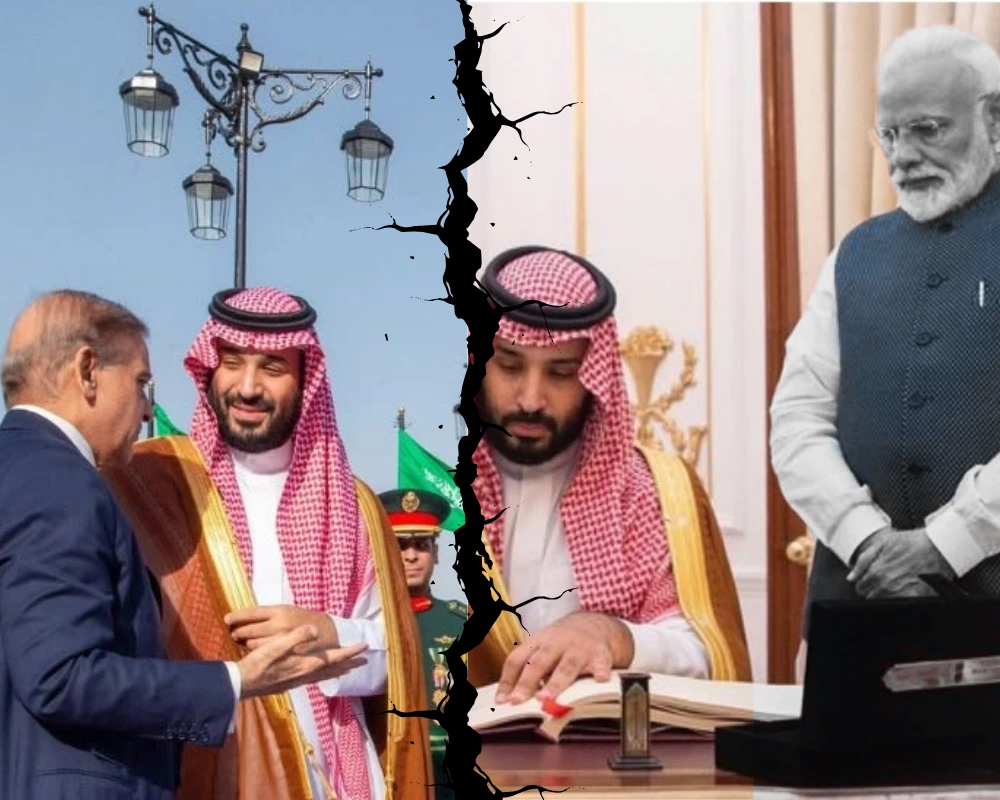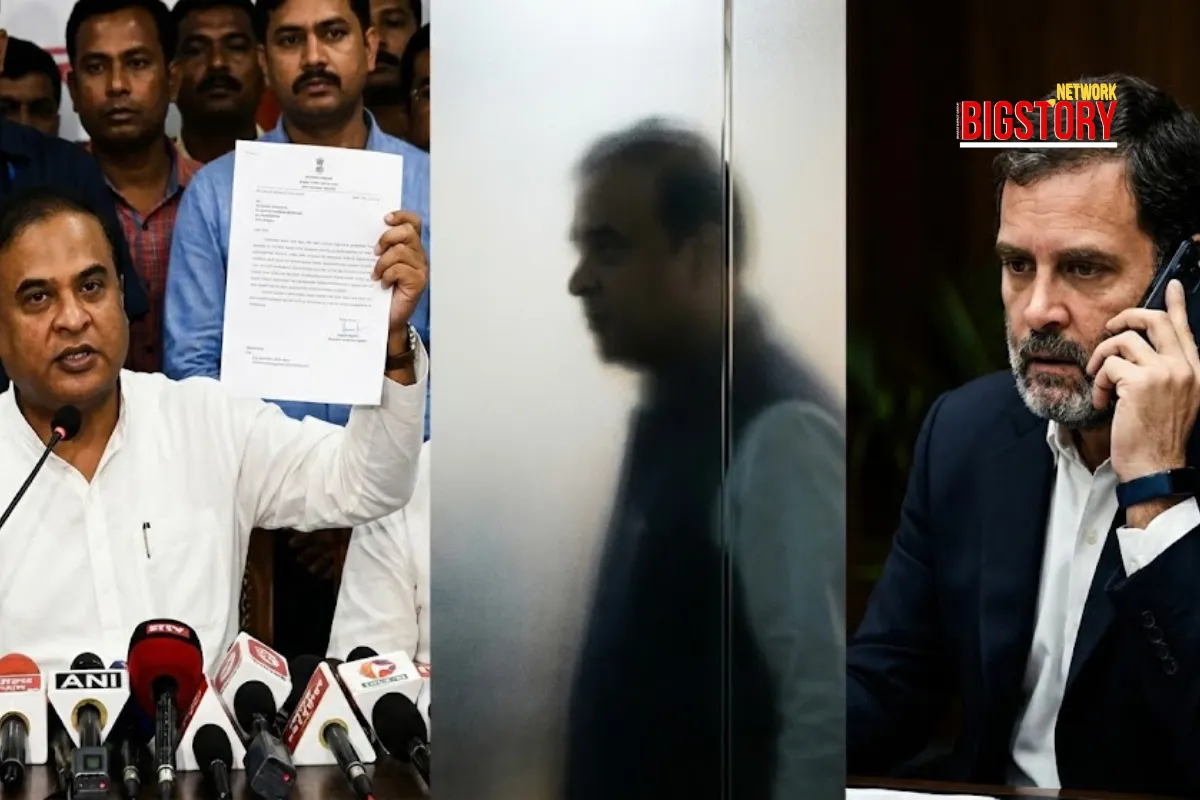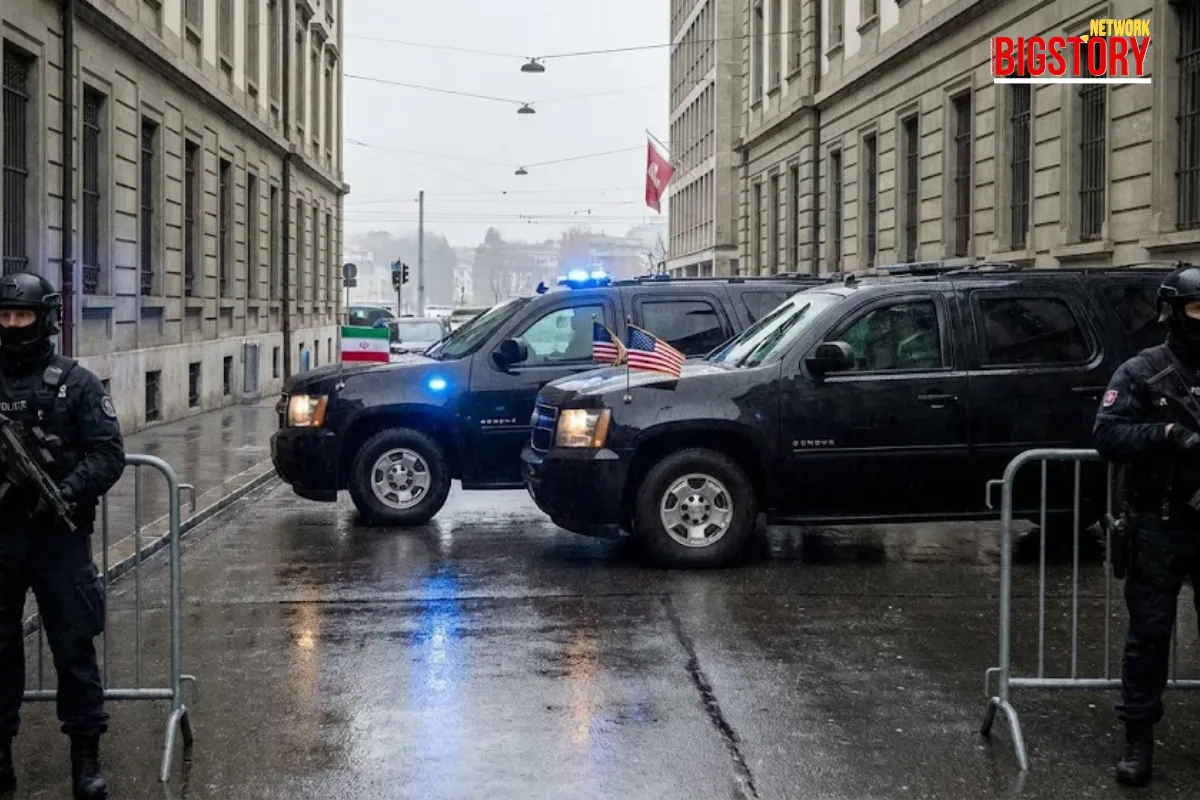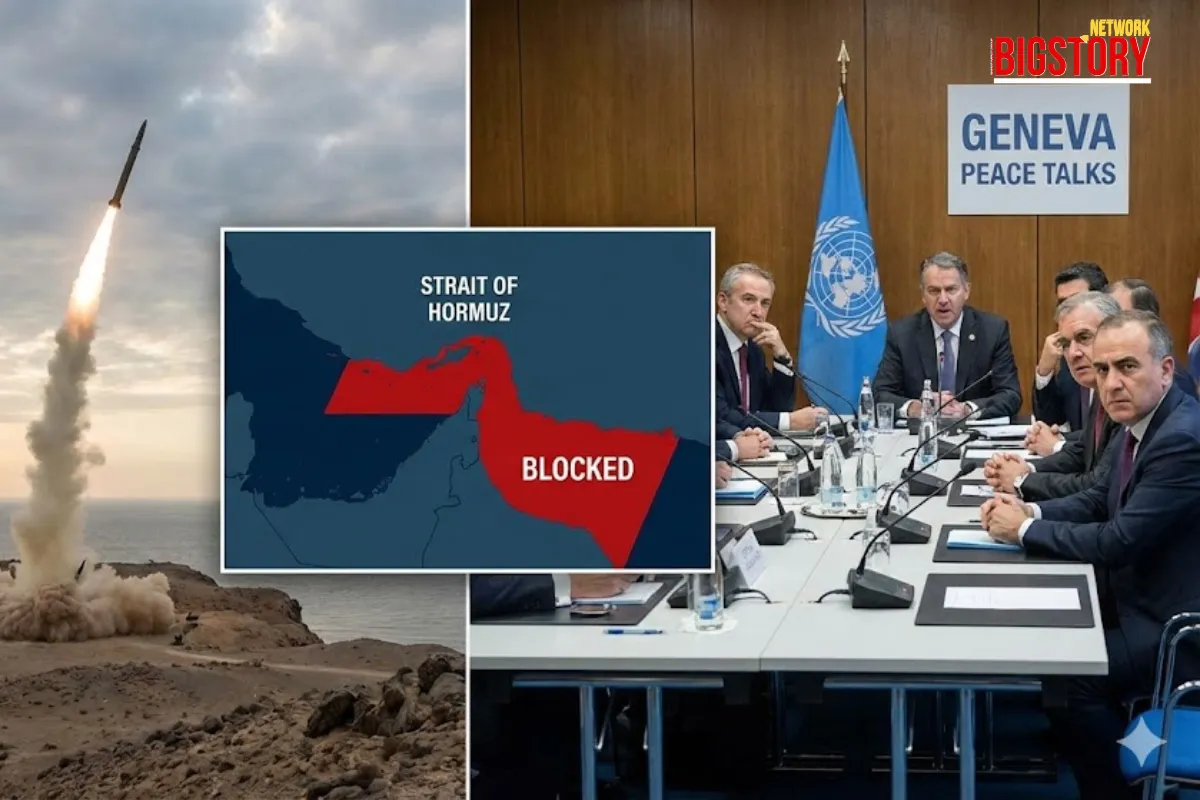Saudi Arabia and Pakistan ink a defence pact in Riyadh, declaring an attack on one as an attack on both. India reacts with cautious watchfulness.
 Sseema Giill
Sseema Giill

Riyadh, Sept 17, 2025 — In a move described as a “historic milestone” for bilateral ties, Saudi Arabia and Pakistan signed a Strategic Mutual Defence Agreement in Riyadh, declaring that any attack on one will be treated as an attack on both. The agreement was finalized during Prime Minister Shehbaz Sharif’s visit and talks with Crown Prince Mohammed bin Salman, senior officials confirmed.
For decades, Saudi Arabia and Pakistan have shared close military ties — from training programs to defense procurement. But the two countries had never put their security partnership into a binding framework.
That changed on September 17, when the two leaders sat down in Riyadh to formalize what insiders call “institutionalized cooperation.”
Officials stressed that the pact is not a response to a specific incident but a long-term commitment to joint deterrence and security coordination.
The pact creates a comprehensive defence framework, focusing on:
A senior Saudi official said the pact would allow the use of “all defensive and military means” if required.
The joint statement highlighted shared goals of regional stability, global security, and “joint deterrence against any aggression.”
Prime Minister Shehbaz Sharif described the deal as a turning point in Pakistan–Saudi relations. Crown Prince Mohammed bin Salman called it a natural evolution of long-standing strategic ties.
In New Delhi, the announcement drew immediate scrutiny. India’s Ministry of External Affairs said it would “study the implications for national security and take necessary steps to safeguard national interests.”
The reaction was measured, signaling caution rather than alarm. Experts suggest India may now carefully reassess its Saudi ties, which have expanded in energy, trade, and security cooperation in recent years.
Analysts believe New Delhi will monitor whether the pact leads to concrete military coordination between Riyadh and Islamabad, or remains a largely symbolic gesture.
Q1. What is the Saudi–Pakistan Mutual Defence Agreement?
It is a pact signed in Riyadh on Sept 17, 2025, stating that an attack on one country will be treated as an attack on both, covering deterrence, training, exercises, and intelligence sharing.
Q2. Why was the pact signed now?
Officials say it was not triggered by a single event but is aimed at formalizing decades of security cooperation amid a shifting Gulf security landscape.
Q3. How did India react?
India’s Ministry of External Affairs said it would study the implications and take necessary steps to protect national interests, signaling caution.
Q4. Does the pact affect India–Saudi relations?
Potentially. While India and Saudi Arabia maintain strong energy and economic ties, the defence pact with Pakistan could complicate New Delhi’s strategic outreach.
Q5. Will this impact regional security?
Yes. Analysts see it as a move that strengthens the Riyadh–Islamabad axis, which could influence Gulf security, defence procurement, and intelligence-sharing patterns.
Q6. Does the pact include economic or trade elements?
Not directly. It is primarily a defence and security agreement, though it could pave the way for defence industry collaboration in the future.






Sign up for the Daily newsletter to get your biggest stories, handpicked for you each day.
 Trending Now! in last 24hrs
Trending Now! in last 24hrs



